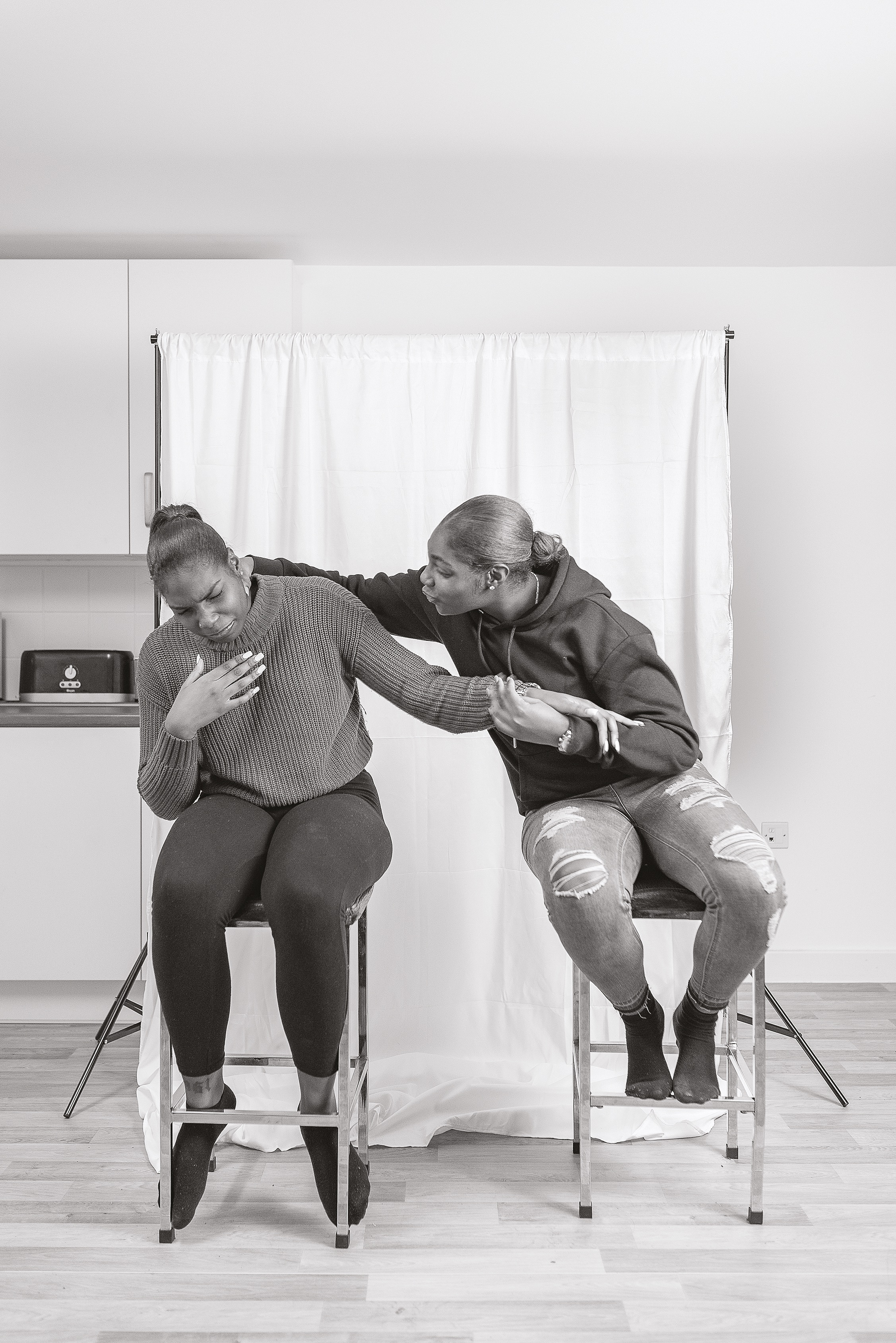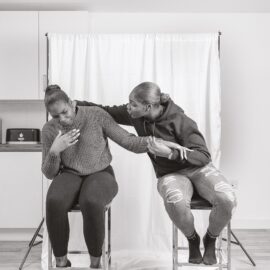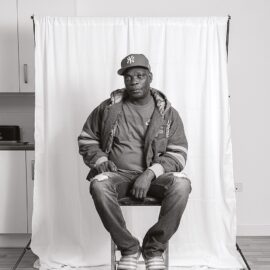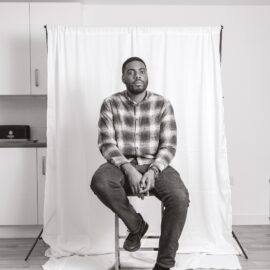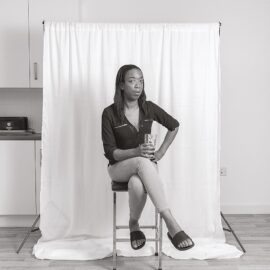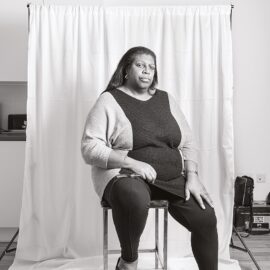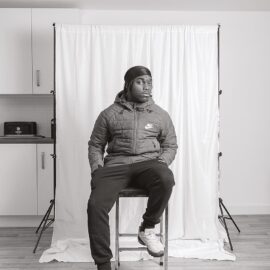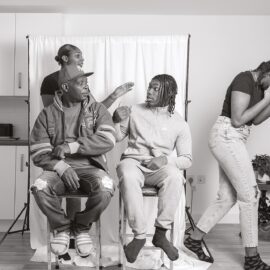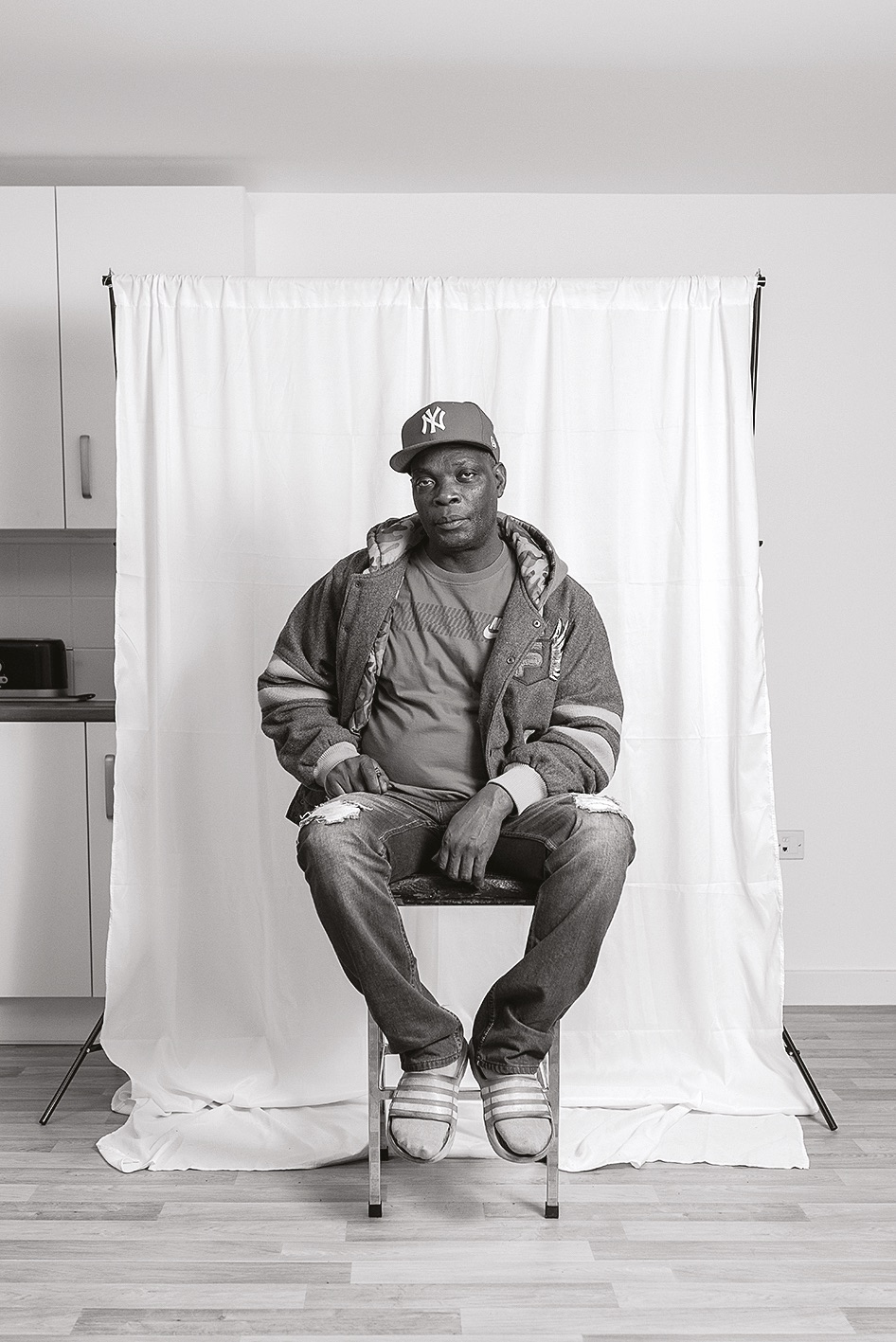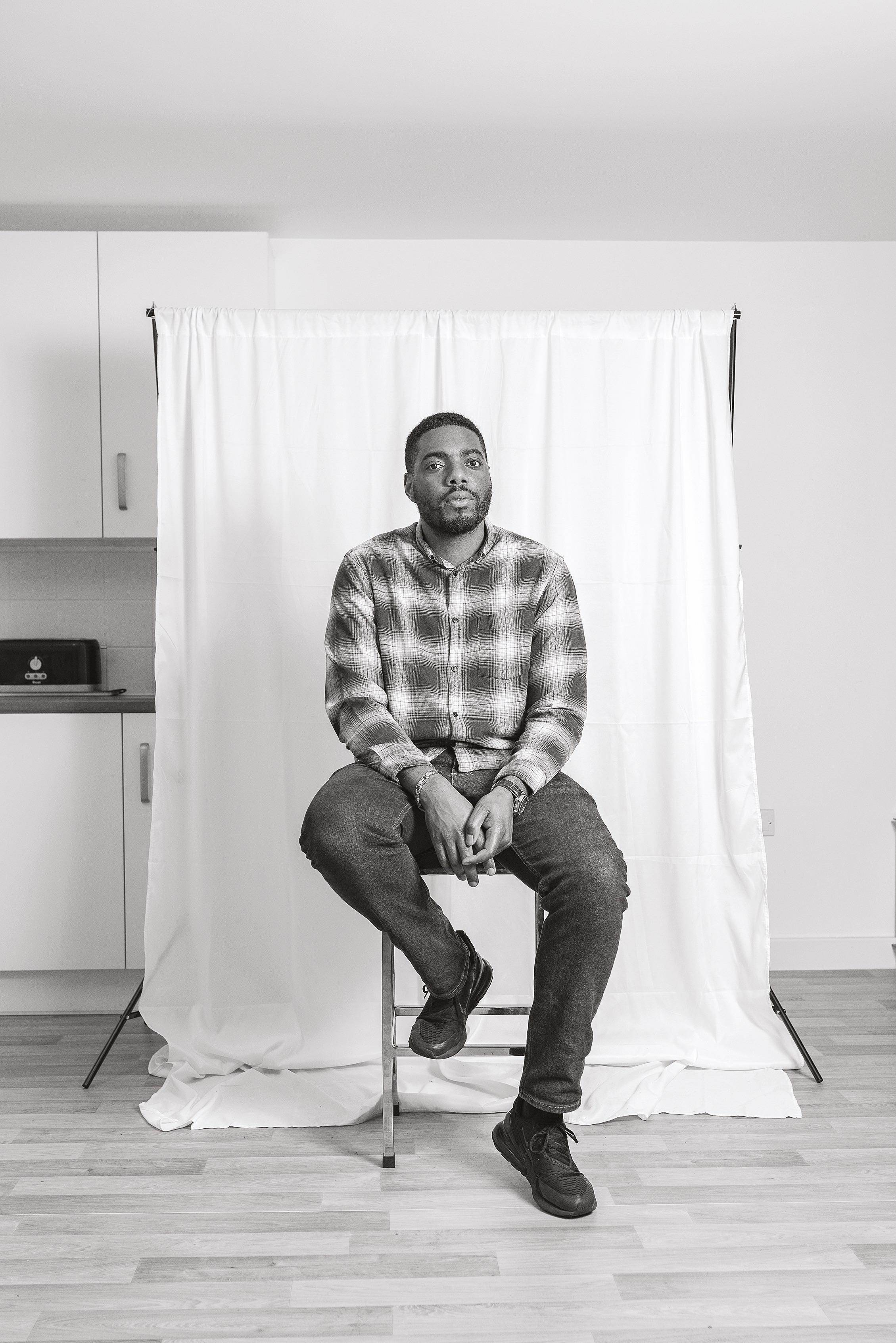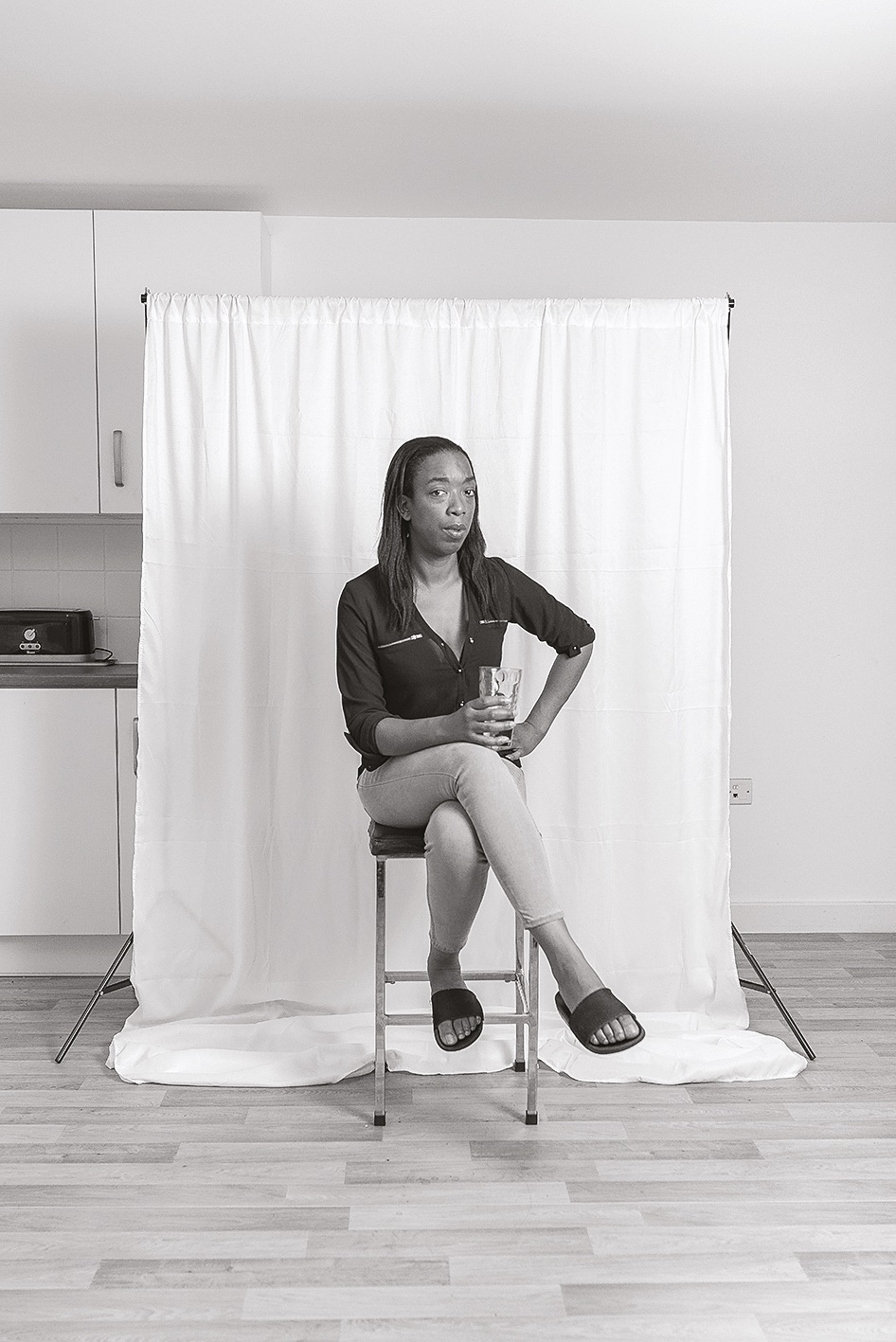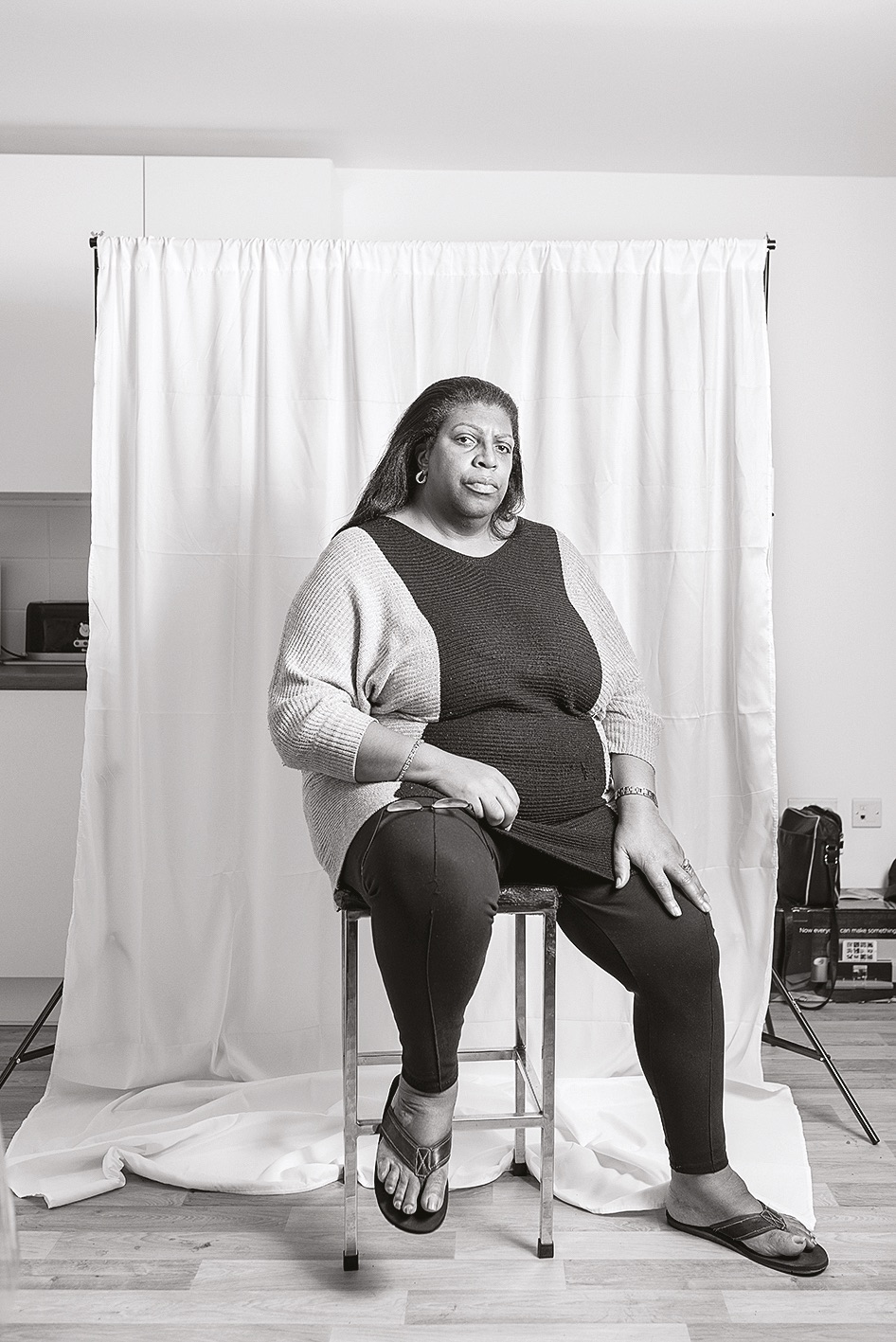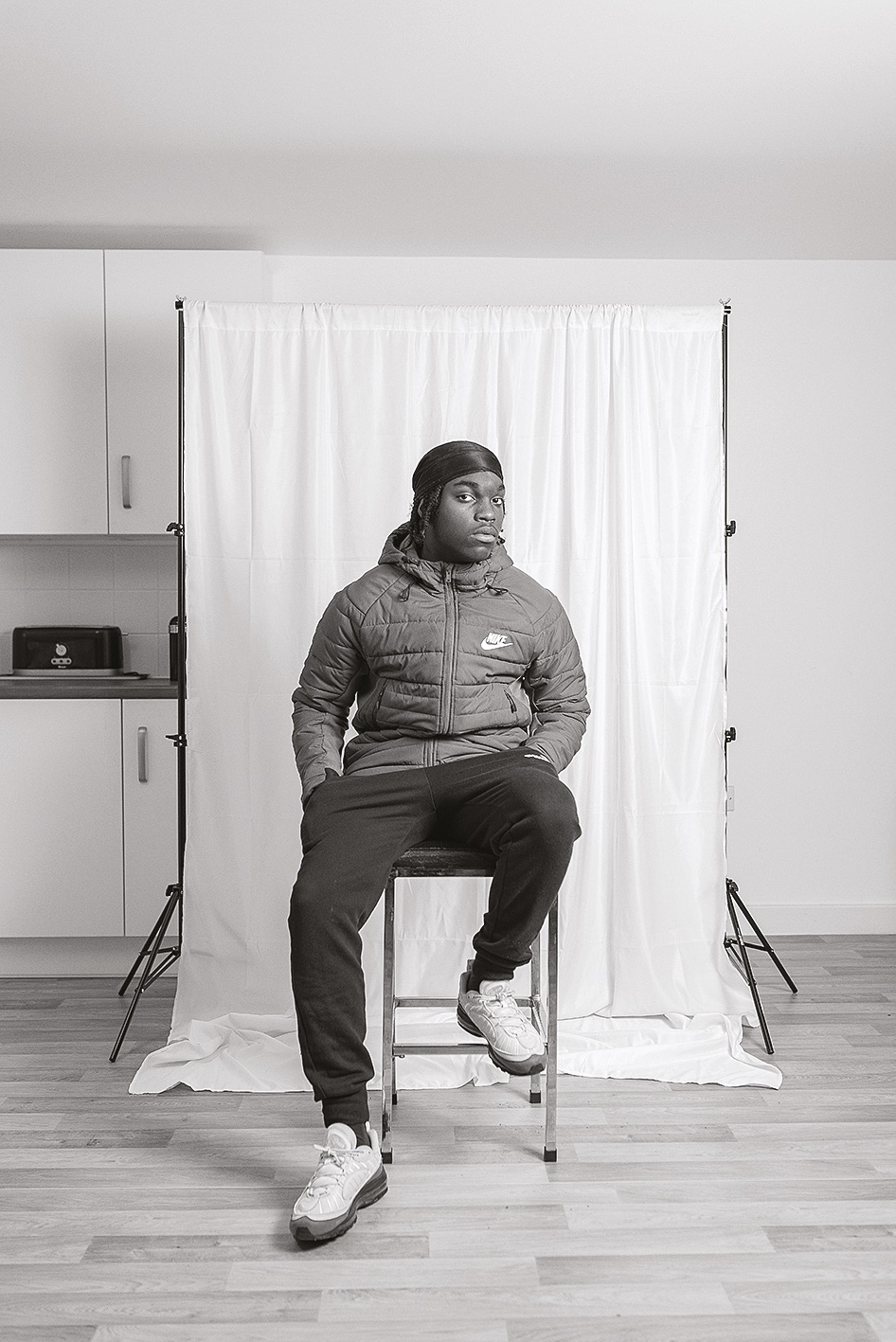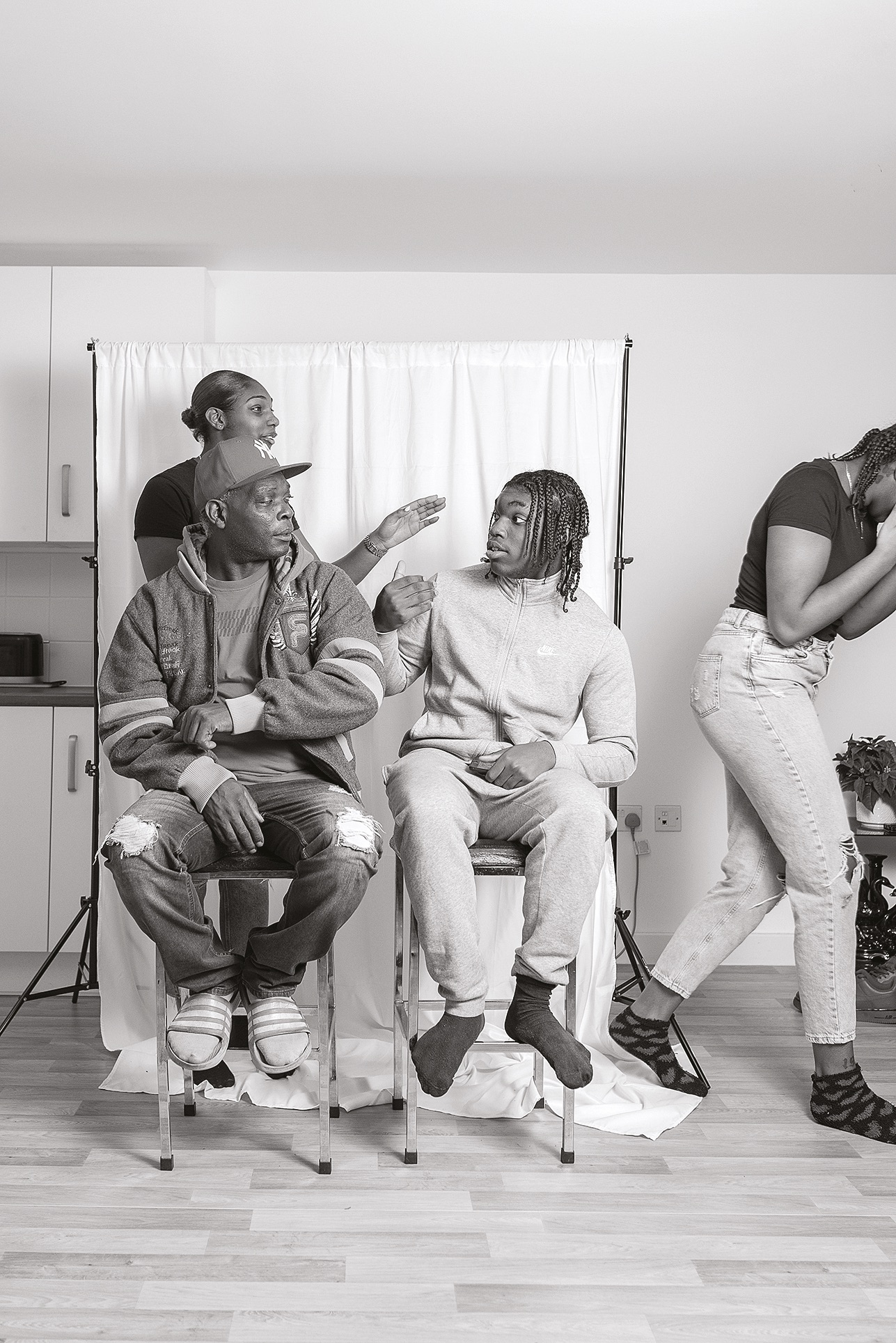Explore Stories
- latest
- agenda
- bookshelf
- projects
- theme in focus
- industry insights
- magazine
- ANY ANSWERS
- FINE ART
- IN THE STUDIO
- PARENTHOOD
- ART & ACTIVISM
- FOR THE RECORD
- LANDSCAPE
- PICTURE THIS
- CREATIVE BRIEF
- GENDER & SEXUALITY
- MIXED MEDIA
- POWER & EMPOWERMENT
- DOCUMENTARY
- HOME & BELONGING
- ON LOCATION
- PORTRAITURE
- DECADE OF CHANGE
- HUMANITY & TECHNOLOGY
- OPINION
- THEN & NOW

